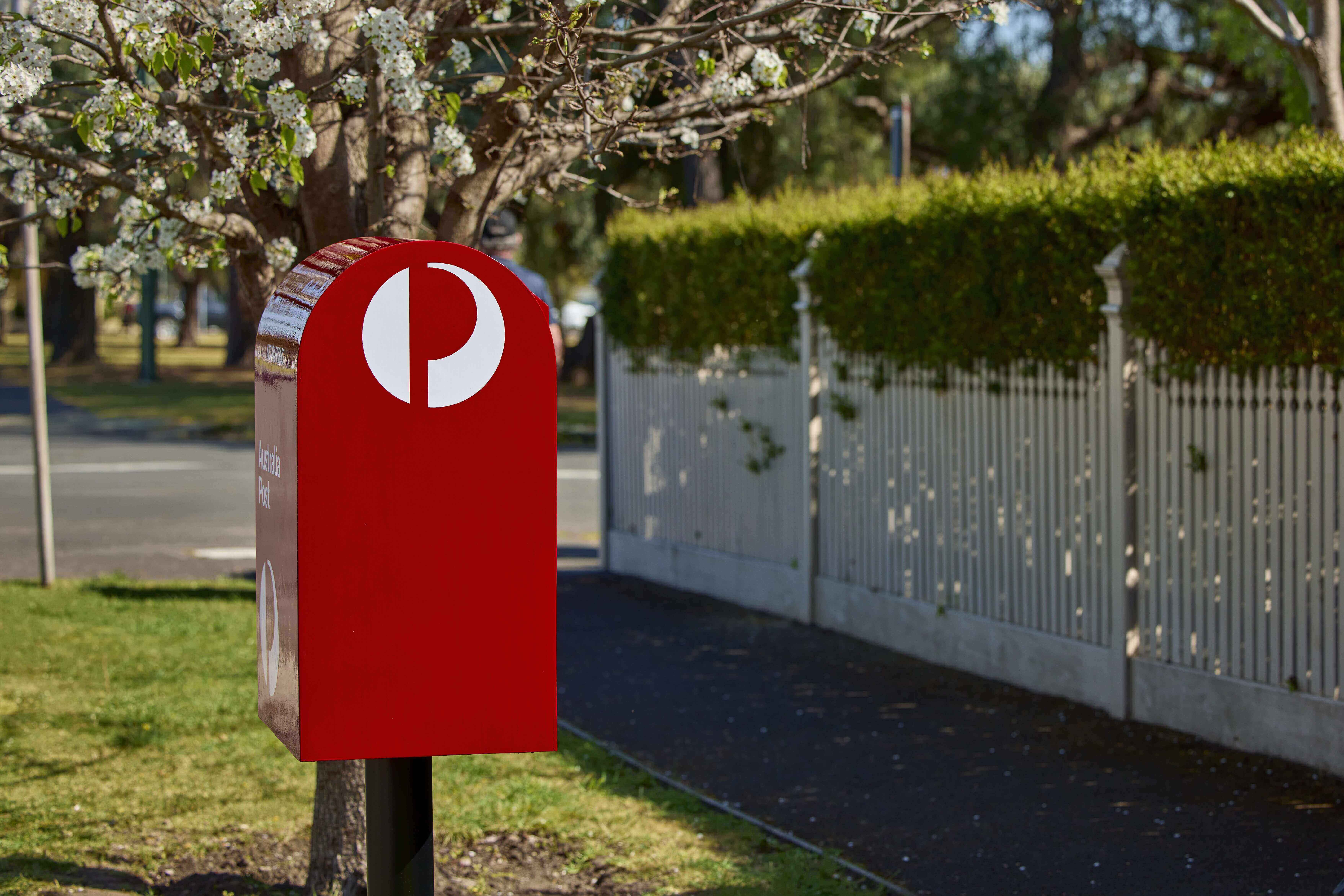Australians are being warned to prepare to absorb another product price hike, after the Australian Competition and Consumer Commission (ACCC) today approved a plan to increase the cost of Australia Post stamps.
Under the draft proposal, Australia Post would up the price of a regular stamp by 30 cents, from $1.20 to $1.50.
Large letters up to 125g will incur a 60-cent increase to $3, while those weighing up to 250g will rise by almost a dollar, from $3.60 to $4.50.
READ MORE: Average Aussies to get almost double the tax cut after Labor approves stage three overhaul
ACCC deputy chair Mick Keogh acknowledged the plan would have "some impact on consumers and small businesses", but said the changes are unlikely to bring in revenue for Australia Post.
"Australia Post's ordinary letter delivery remains a crucial national service, however it faces increasing financial pressure in a landscape now dominated by digital forms of communication," Keogh said.
The nation's postal carrier forecasts that while the number of delivery addresses across Australia will grow by about 200,000 per year, it expects the volume of letters delivered to decline by 11.3 per cent a year until 2025-26.
READ MORE: Australia Day Trading Hours 2024: What stores will and won't be open
Australia Post executive general manager Gary Starr said the service is scrambling to curb the impact of the "unstoppable decline" of letters in the modern era – which contributed to a $200 million loss last financial year.
"That 30 cents still doesn't cover, get us anywhere near covering, the cost of delivering letters, but it's taking us in the right direction," Starr said of the increase.
"We've got the support we need, you know, in the short-term, we'll continue to work with government on that."
Stamp cost increases would not apply to concession stamps or stamps for seasonal greeting cards, Australia Post said.
For an average Australian, who now only sends about 15 letters per year, the price increase is expected to culminate in an additional cost of $4.50 per year.
But businesses could be forced to pay more, so it's holding open submissions until February 15 before making a final decision.





